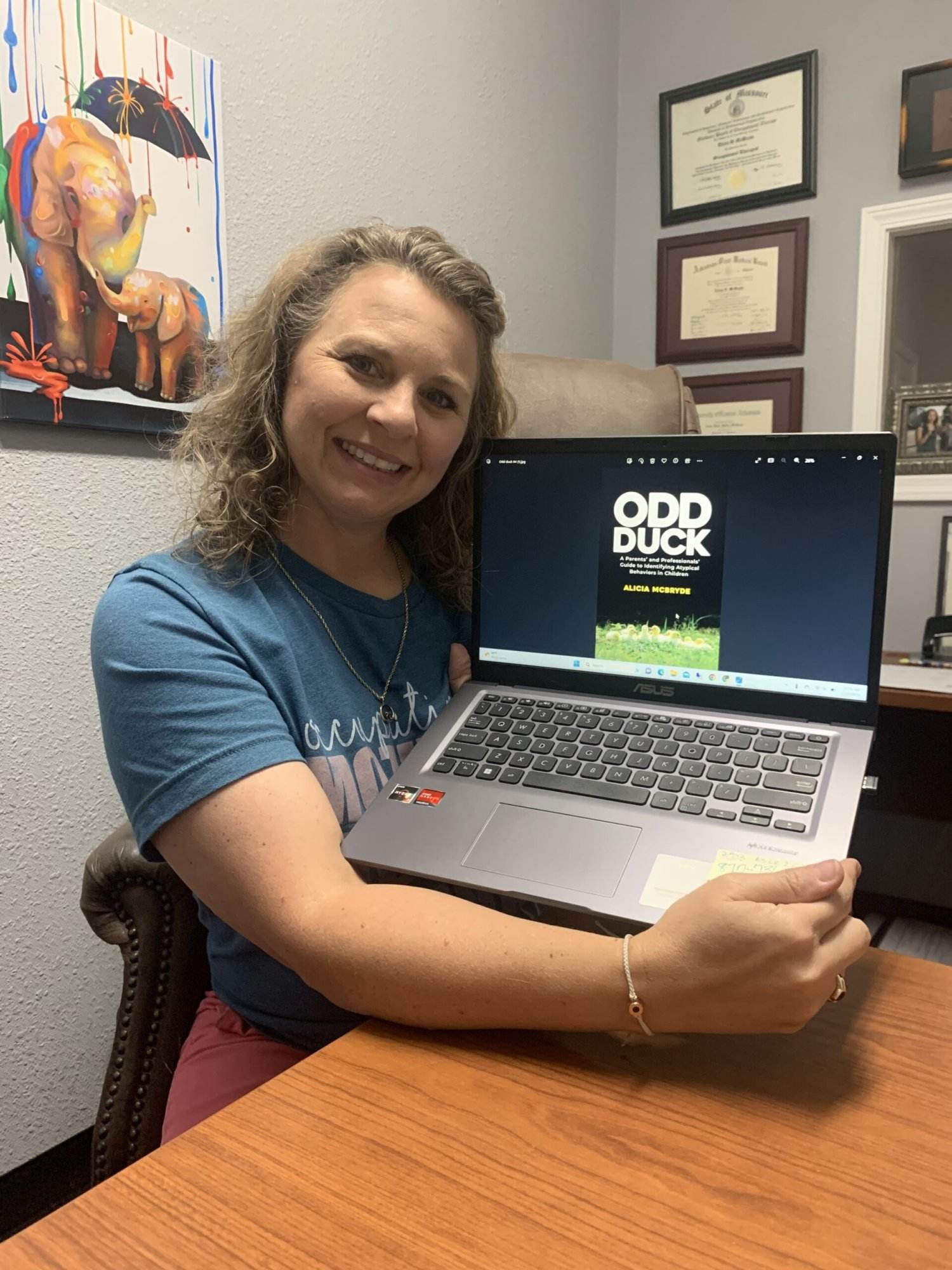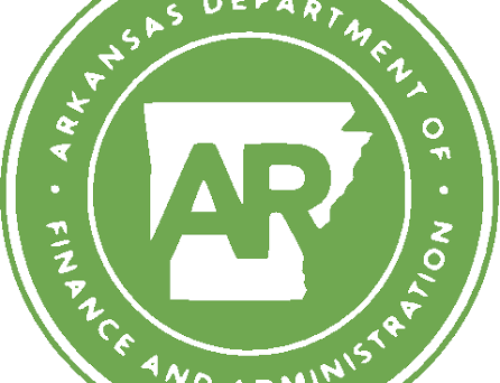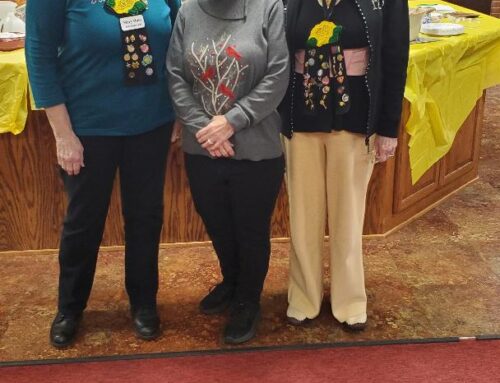For many children, navigating the beginning stages of life can be challenging. From beginning pre-school to learning their ABC’s, learning to share, communicate effectively and tie their shoes.
For some children, the challenge is greater than for others and an adult is needed to come along side and to help that child more easily navigate life so they can thrive, feel empowered and be successful.
This is exactly why local business owner and occupational therapist Alicia McBryde has written and published a new book called “Odd Duck A Parents’ and Professionals’ Guide to Identifying Atypical Behaviors in Children”.
McBryde has dedicated the last 28 years of her life working with children, teens, young adults and adults who benefit from therapy which uses everyday life activities to promote health, well-being and one’s ability to participate in important and meaningful activities.
“I’ve learned a lot along the way and not always the easy way. I’ve learned the best through my failures and most people do, but I think I’ve learned to do things smarter, and I’d wanted to take that knowledge I’ve gained through the years and help other professionals and parents to learn more easily,” McBryde said.
When starting her career in occupational therapy, McBryde said her heart was geared toward specializing in pediatrics and working to help make young lives better through therapy which is still a passion she pursues in addition to working with adults.
“I’ve worked in every area and setting you can imagine with pediatrics. I’ve done daycares, schools, outpatient facilities, hospital based, and I own an outpatient facility and we have contracts with daycare facilities,” McBryde said.
In many cases, pediatric patients are considered to be 21 years old or younger and often times, early intervention has worked in improving quality of life.
When asked why she titled her book Odd Duck, McBryde explained it was a term of endearment she picked up from a head start teacher some years ago.
“I was actually working at a school and was talking to a head start teacher and she was very good and very interactive as far as wanting therapy to come in and work with the kids. We were actually standing out on the playground watching the kids. She said, hey I need you to come and look at little johnny,” McBryde said. “I said okay what’s going on? She said well, he’s got a little bit of ODS and I said ODS? And she said, you know, just Odd Duck Syndrome.”
Initially, McBryde wasn’t sure what she thought about the situation until she began to think more deeply on the topic.
“It didn’t make sense at first and then I started to think about it and got this mental image of all these cute little ducks out there in the pond and one little duck is kind of off doing its own thing. When you notice that, you learn to identify that’s not typical. So that’s what spurred me to this. I have given lectures about this before and I thought, there is more to this and I could use this to educate others,” McBryde said. “There are so many kids, you’ve seen children in Walmart, on the playground or maybe at and you know they’re not doing something that’s typical there. It doesn’t mean they have a problem or that they need therapy or other intervention but it does mean we need to take a closer look and be aware so we can give every child what they need so they can be the best they can be when they become adults.”
McBryde noted it can be life changing to know the signs early and if help is needed, provide that help when a child is young to give them the best opportunities possible.
“It is better to do that early when they’re young and learning because they learn so much in those early years. That’s how this came about. So, I took that “odd duck syndrome” which is an unofficial diagnosis, but is a fun way to say, let’s look at what is typical and not typical and learn to identify those problems early so that we can be helpful to those kids, parents and professionals as those kids are growing and learning so much,” McBryde said. “
McBryde said when writing the book, she made a painstaking effort to ensure that whether someone is a parent, guardian, family member or professional they are sure to gain knowledge from the book.
“A lot of us, even as adults, a lot of children struggle with sensory issues, things that are internal that you don’t see on the outside that can make a big impact on their learning and development,” McBryde said. “I learned early on with my son for example, he had some attention issues. As I was giving him instructions, if I gave him a whole lot of instructions, he only heard the last thing so if you’re aware of that and know he’s struggling, when you give your instructions early on give him simple and concise instructions instead.”
McBryde said she has thoroughly enjoyed writing the book and believes those who read it will feel their frustrations lessen as they gain a better understanding of atypical behavior.
“I have enjoyed writing this book. I’ve gotten to take the knowledge I’ve gained through the years. This is not a hard to read book the goal was to make it easy to read and simple enough that anyone could read it no matter what your knowledge base is or scope of practice,” McBryde said. “Therapists can read it and get something out of it. Parents can read it and get something out of it. Hopefully it will help people help those kids that really need this. It’s just to be more aware so we can make a difference.”
McBryde’s book may be found online and is available in both paperback and digital form athttps://www.amazon.com/Odd-Duck-Professionals-Identifying-Behaviors-ebook/dp/B0CBQDSM5F/ref=sr_1_1?crid=2JYB5KS6BVLDJ&keywords=alicia+mcbryde&qid=1689338274&s=digital-text&sprefix=alicia+mcbryd%2Cdigital-text%2C445&sr=1-1.
Lauren is a an award-winning journalist who decided after 10 years of newspaper experience to venture out. Hallmark Times was born.






